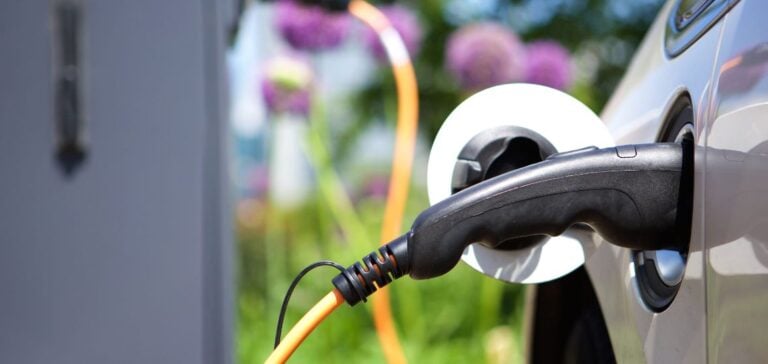Europe is at a turning point in the adoption of electric vehicles. With EU legislation to ban the sale of new combustion-powered cars by 2035, the European automotive industry, led by the European Automobile Manufacturers Association (ACEA), is under pressure to speed up the transition to zero-emission vehicles. However, recent months have seen a noticeable slowdown, particularly in Germany, Europe’s largest market, where “the market share of electrics has fallen to 12% or less, compared with 14.6% last year,” according to ACEA Secretary General Sigrid de Vries.
Resistance and market realities
Change isn’t easy. Less than 30% of Europeans say they are ready to buy an electric vehicle, and “more than half rule out spending more than 35,000 euros on a car,” a threshold above which most electric models are positioned. Faced with these challenges, Sigrid de Vries emphasized at an electric car conference in Lillestrøm, near Oslo, that “the 2035 deadline is really tomorrow, especially when we’re talking about production cycles. We only have ten years to go from 15% (of clean vehicles) to 100%.”
The Norwegian model
In Norway, an example often cited for its successful model thanks to very favorable taxes, electric vehicles, driven by carmaker Tesla, accounted for 90% of new registrations in the first quarter. Other manufacturers, such as Volkswagen and Volvo, have already stopped selling their internal combustion models there. Guillaume Pelletreau, Nissan’s Regional Vice President for Electrification and Connected Services, remains optimistic despite the market’s ups and downs: “It’s a rollercoaster ride, and it always will be. The electrification wave got off to an extremely strong start in the last two years, and today we’re starting to normalize the process a little. Despite everything, we can clearly see the upward trend.”
Infrastructure and regulatory challenges
However, recharging infrastructure, which is essential to the widespread adoption of electric vehicles, poses a problem. More than half of all charging points are concentrated in just two countries, Germany and the Netherlands, according to ACEA. In Spain, where motorists renew their cars every 14 years on average and 65% of them park on the street, home recharging is complex. Isabel Gorgoso, Director of New Mobility at energy group Cepsa, compares Spain to “Norway ten years ago.”
These challenges and opportunities are shaping Europe’s complex journey towards sustainable mobility. The commitment of governments and industry, combined with public acceptance, will play a crucial role in achieving the EU’s climate goals.






















